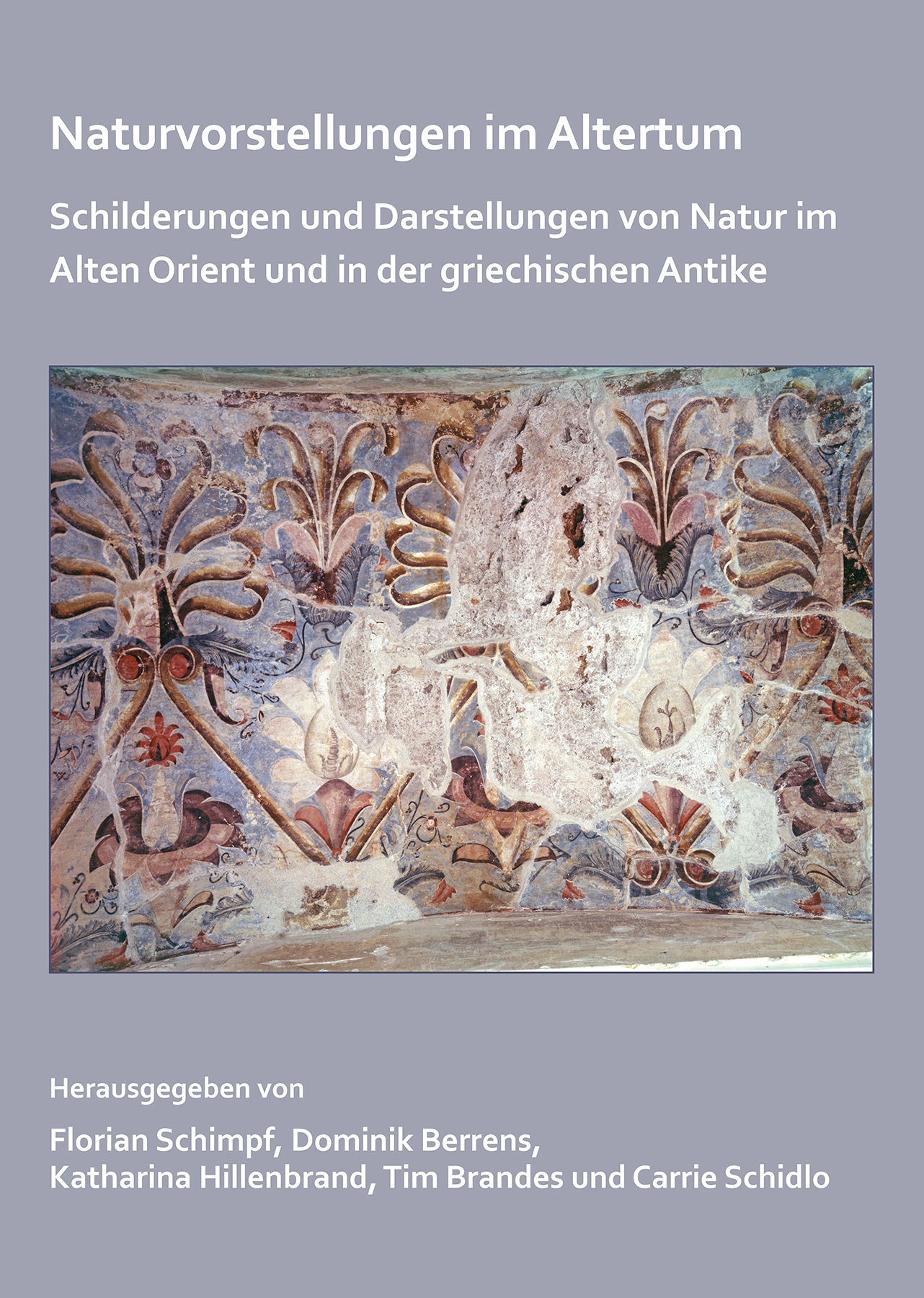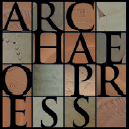
Publishing Scholarly Archaeology since 1997

Download Sample PDF
H 290 x W 205 mm
278 pages
137 figures, 1 map, 11 tables, 4 plates (colour throughout)
Published Feb 2022
ISBN
Paperback: 9781789699937
Digital: 9781789699944
Keywords
Beekeeping; ceramic hives; wax; honey; apiaries; trade; beekeepers; property law
Related titles





New Approaches to the Archaeology of Beekeeping
Edited by David Wallace-Hare
Paperback
£48.00
Includes PDF
PDF eBook
(personal use)
£16.00
PDF eBook
(institutional use)
£48.00
17 papers take a holistic view of beekeeping archaeology (including honey, wax, associated products, hive construction, and trade) in one large interconnected geographic region, the Mediterranean, central Europe, and the Atlantic Façade. The book serves as a handbook for current and future researchers considering the archaeology of beekeeping.
Contents
Preface – David Wallace-Hare (San Diego State University) ;
Acknowledgements ;
1. A New Approach to the Study of Ancient Greek Beekeeping – Georgios Mavrofridis (University of the Aegean) ;
2. Smoke and Bees: From Prehistoric to Traditional Smokers in Greece – Sophia Germanidou (University of Newcastle) ;
3. Potters and Beekeepers: Industrial Collaboration in Ancient Greece – Jane Francis—Concordia University (jane.francis@concordia.ca) ;
4. Etruscan 'Honey Pots': Some Observations on a Specialised Vase Shape – Paolo Persano (Scuola Normale Superiore, Pisa) ;
5. Palynological Insights into the Ecology and Economy of Ancient Bee-Products – Lorenzo Castellano (Institute for the Study of the Ancient World, New York University); Cesare Ravazzi, Roberta Pini, Giulia Furlanetto, Franco Valoti (Research Group Vegetation, Climate and Human Stratigraphy, Laboratory of Palynology and Paleoecology, Institute of Environmental Geology and Geoengineering, National Research Council, Italy) ;
6. La apicultura en el ager de Segóbriga-Cuenca, España – Jorge Morín (Departamento de Arqueología, Paleontología y Recursos Culturales de AUDEMA); Rui Roberto de Almeida (Investigador da UNIARQ-Universidade de Lisboa / Câmara Municipal de Loulé); and Isabel Sánchez Ramos (Universidad Pablo de Olavide de Sevilla) ;
7. Beekeeping and Problematic Landscapes: Beekeeping and Mining in Roman Spain and North Africa – David Wallace-Hare (San Diego State University) ;
8. Evidence of Dalmatian Beekeeping in Roman Antiquity – Kristina Jelincic Vučković, Ivana Ožanić Roguljić (Institute of Archaeology, Zagreb, Croatia); and Emmanuel Botte (MMSH, Centre Camille Jullian Aix-en-Provence Cedex) ;
9. Ancient Rock-cut Apiaries in the Mediterranean Area: Some Case Studies – Roberto Bixio (Hon. Inspector for Archaeology, sector Artificial Cavities, Italian Ministry of Cultural Heritage); Andrea Bixio (Centro Studi Sotterranei, Genoa); Andrea De Pascale (Museo Archeologico del Finale /Istituto Internazionale di Studi Liguri, sezione Finalese Finale Ligure/Savona) ;
10. Appiaria vel in civitate vel in villa: Bees and Cities in the Early Medieval West – Javier Martínez Jiménez (Faculty of Classics/Churchill College, University of Cambridge) ;
11. The Production and Trade of Wax in North-Eastern Iberia, XIV-XVI C: The Case of Catalonia – Lluís Sales i Favà (King’s College London) and Alexandra Sapoznik (King’s College London) ;
12. Del panal a la mesa: La miel en la Corona de Aragón (siglos XIV-XV) – Pablo José Alcover Cateura (Food Observatory, ODELA, Universitat de Barcelona) ;
13. Honey and Wax in Medieval Tyrol on the Basis of Tyrolean Land Registers (Urbaria) and Books of Accounts – Barbara Denicolò (University of Salzburg) ;
14. Early Irish Law on Beekeeping, with Particular Reference to Bechbretha ‘Bee-Judgements’ – Fergus Kelly (Dublin Institute for Advanced Studies) ;
15. Arqueología de la apicultura en la Asturias preindustrial – Joaquín López Álvarez (Muséu del Pueblu d’Asturies) ;
16. Approches de l’Archéologie: L’apiculture insolite du nord de l’Espagne – Robert Chevet (Apistoria) ;
17. Historical Beekeeping in Northern Portugal: Between Traditional Practices and Innovation in
Movable Frame Hives – Teresa Soeiro (CITCEM)

 Add to wishlist
Add to wishlist
